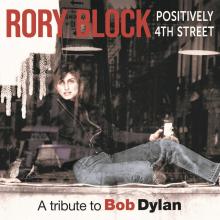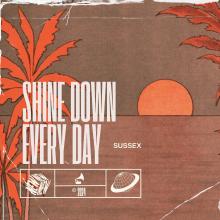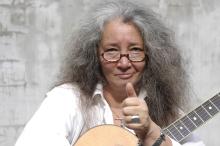“My musical passion is turning pain into beauty. I use music to call people in and speak truth by making the unpalatable palatable by nestling it in music… this can spark a fire of awareness and bring about social change.” – D.M. Lafortune
Birdsong Foundation announces the release of a powerful new song from Indigenous artist D.M. Lafortune titled “How Many Times”. She is an unshakable voice, particularly for those people who live with trauma.
When you Google her name, you will find her harrowing, yet transformational life story written by Maureen Littlejohn which we have included here. Platinum Award-winning Producer Greg Kavanagh produced the song, now available on all streaming platforms worldwide through Distrokid.
As soon as I heard the song “How Many Times”, the lyrics resonated in a profound way.
Listen Here on Spotify: open.spotify.com/album/39W4Hhr29ryf8RqhqgNrGz
Lyrics: “How many books have you left half read? How many thoughts better left unsaid? How many pages have you left unturned? How do you feel when you’re not heard?”
I could not shake D.M.'s message in this song… as we all have personal stories that are not listened to, nor accepted or just ignored.
Lyrics: “How many losses, missed good-byes? Do you twist and turn for just one more time? Does your grief like a raging storm? Tear asunder your very core?”
Here, D.M. shares that being heard is often the most important concept for healing. To heal we need validation. How can we understand our own gifts unless we are heard and listened to and spoken for?
D.M. started playing this song when she was 17, but was afraid for her adoptive mother and the shame it would place on her for not being happy.
“My mother lived with depressive psychosis, and it wasn't until I was 43 that I began to understand the impact of adoption and the role I was cast in – as the child they could not have. Writing and performing my own songs has been a catharsis. It's what saved me."
D.M. is a fighter, an activist, and a believer in guardian angels. Her extraordinary life journey-from cab driver to actor, photographer, near-politician, constitutional appellate lawyer, and most recently, professor, is an inspiration to us all.
D.M. Lafortune is an unshakable voice for all of us but particularly for those who struggle. D.M. released an album entitled Beauty And Hard Times 25 years ago. This summer of 2025 we will be hosting a fundraiser for Birdsong Foundation at The Duke in Toronto on July 17 to honor D.M.’s work and journey and to showcase our incredible artists.
More on D.M. Lafortune by Maureen Littlejohn:
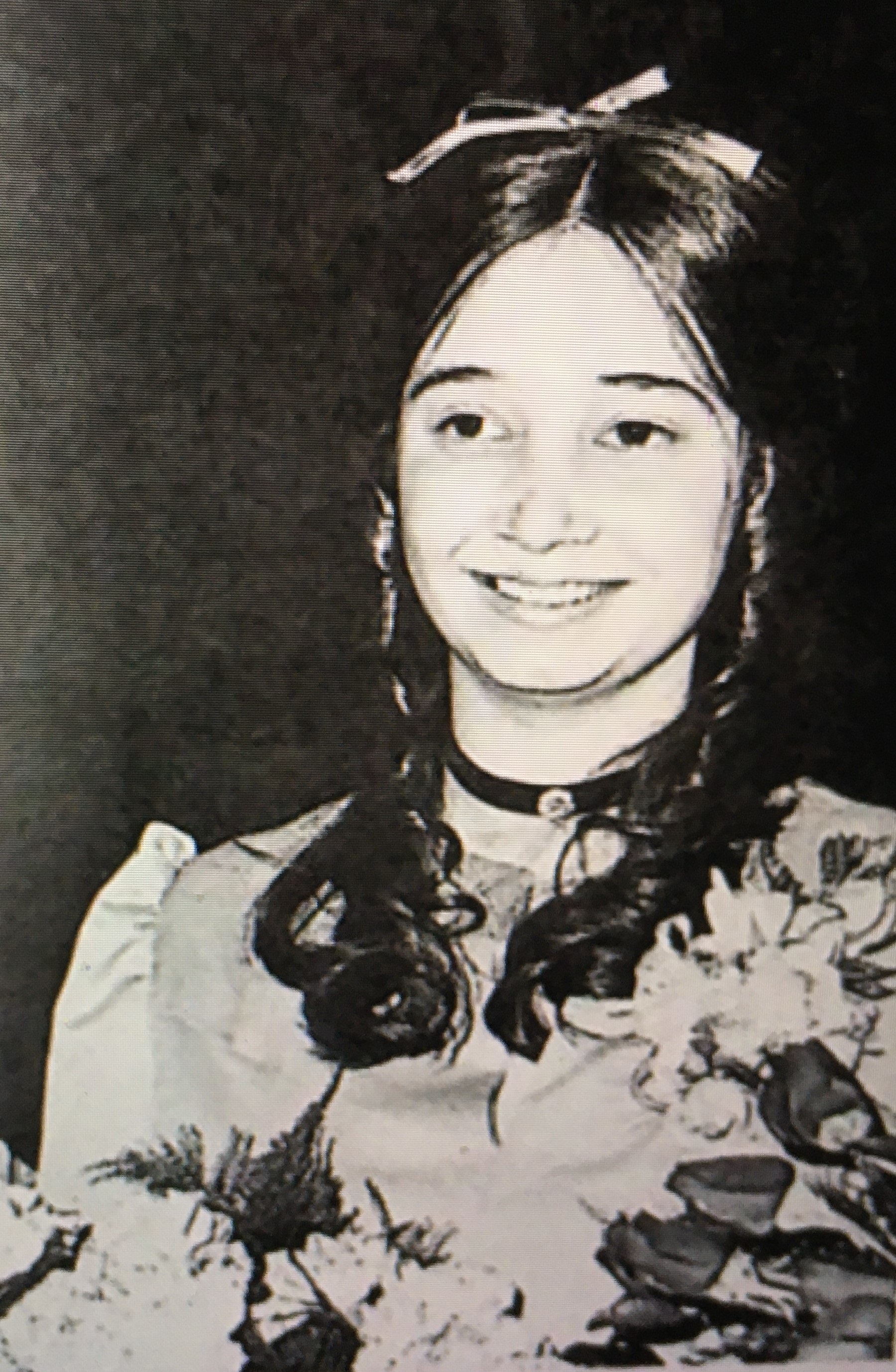
Toronto-based singer/songwriter/ performing artist D.M. Lafortune started her musical journey as a young girl. But the roots of her art and her songwriting reaches back to when she entered into this world.
D.M. was born to a Cree Metis and Sami unwed mother, who was coerced into giving her up temporarily at seven days old. She was to learn that her birth mother Alice visited her every day with her soon-to-be new husband. By the time she was seven weeks old, they were settled and told the CCAS they were ready to take D.M. back. But the Catholic Children’s Aid Society told them that her baby had died.
She was then illegally adopted by a couple with Scottish Canadian and Acadian/Mi’kmaq heritage. Her life has centered around a search for, and reclamation of, her identity that was taken away. She found out later in life that her father was Jewish and a very good musician. To add to the trauma and sadness, D.M. would never have the opportunity to play music with him as his identity and information was denied to her by the provincial government even though her records were not, in fact, sealed.
D.M. did not know she was adopted but she always felt as if she did not belong. “I thought I was the evil twin of the Second Coming,” she recalls.
The household where she grew up was not a warm one. Her adoptive father, Joseph Amedee was a railroad man and not home often. But for all his issues, today, D.M. considers him a guardian angel. When he was home, she recalls many kitchen parties stoked by the Acadian music of his people.
“As a little girl I felt comfort standing on his shoes, dancing with him,” she says.
Survival music
D.M. developed a burning love for classical music at about this time.
“On Saturday afternoons my friend Kathy and I would go to Massey Hall,” she says. “We’d be allowed in to watch the Toronto Symphony rehearse. I’d take my shoes off and run up and down the aisles, like a wild horse, slowing down and speeding up with the music.”
Starting on the piano, she later switched to guitar. Writing poetry was one of her first loves and 60s folkie Joan Baez inspired D.M. to put her words to music.
“I wanted to be like Joan Baez,” she says. “I remember hearing her sing Be Not Too Hard when I was 11. It was such an emotional song, and her voice had a sorrow I could relate to.”
She also found solace in her neighbourhood. Living near Yorkville when it was a music hub, she made friends with the owner of a graphic arts studio. The owner designed and printed album covers. His studio was also something of a rehearsal space and D.M., a 12-year-old teen at the time, met many of the day’s burgeoning musicians.
“I think they saw me as this precocious gifted kid and took me in. I was a dark-skinned ‘different’ kind of waif for that very white working-class part of Toronto,” she says.
In high school, she made new musical friends and began hanging out at The Riverboat Coffeehouse. That’s where she met Neil Chapman, a guitarist she’s been playing with now for 50 years. Her career first took hold in Toronto venues such as Fat Albert’s, The Free Times Café, and the Backyard Café alongside peers including Ron Sexsmith, Mose Scarlett, and Robert Priest.
Searching love
After her adoptive mother and father died, she put her music career aside for a while and focused on becoming a lawyer. Social justice has always been a driver for D.M. But the real reason for the switch to the legal profession? She would do what no one else was willing to do – get her “supposedly sealed” birth records and find out who she really was.
“If I became a lawyer I could do it for myself,” she explains.
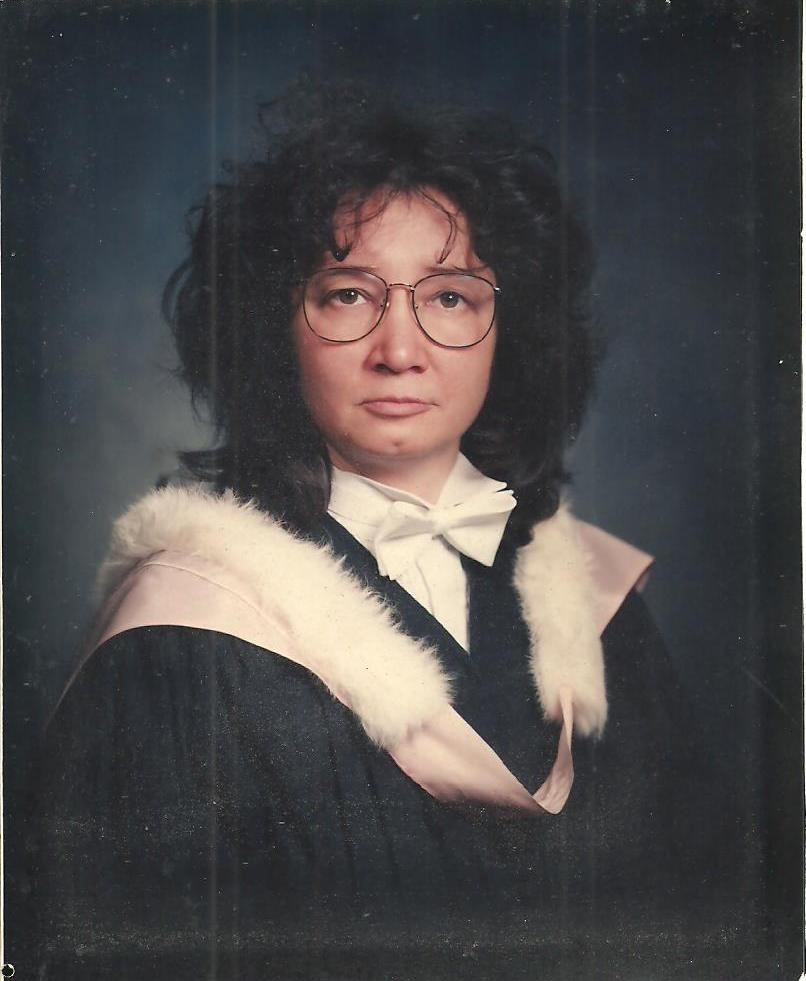
She was called to the bar in 1996. Later, she launched a case against Ontario’s and the rest of the provinces’ adoption regimes, stating that sealed adoption orders violate children’s rights as stated in the United Nations Convention On The Rights Of The Child. She also made strong arguments against the unilateral exemption from the federal criminal code, provinces granted adoptive parents in order to falsify birth records and erase her and other adopted people’s identities and severed all family connections. She lost the case.
Despite all that was going on she released a full-length CD, In From The Cold, in 1999. It featured songs her trauma had channeled. The album received a warm response. Even though she wasn’t happy with the production, it received the Award for Perseverance in Music and Songwriting from the Maple Blues Society. However, releasing the CD did not fulfill her deepest dream.
“My mother did not come and find me,” she laments.
Even after years of therapy, she experienced a breakdown. She stopped performing and called in the CD. The experience, she says, was a breakthrough. It allowed the healing to begin.
After a positive immersion in therapy (after years of negative ones), and support from some faith groups, she got back in the saddle. In From The Cold was remixed and re-released under the title Beauty And Hard Times in 2012. The project garnered excellent reviews, and three of its song videos were officially selected for world premieres at the ImagineNative Film & Video Arts Festival.
By this time, after a lot of digging, she had learned who her birth mother was. She also learned her birth father was Jewish. Her mother had passed away before the two could meet. Although her father refused to acknowledge her, they did meet briefly and the anguish of not knowing who her parents were lessened.
Life picked up. She taught a course at a community college called From Social Analysis To Social Change for a couple of years. She then ran a workshop called Decolonizing The Heart which dealt with these issues, aiming to find balance and harmony.
Hard times songs
Ghostdance, Minuet For The Staircase Children, Where Are All The Children? and On The Evidence are songs that embody the essence of D.M.’s story. Written when she was 18, they came out fully formed.
“Now that I know what happened to me, I’ve tweaked them more.”
Minuet For The Staircase Children addresses the experience of a child growing up in a family of broken dreams. The spindles on the stairs are like prison bars, as the child sits on the stairs listening to her parents’ drunken fights. The last lines of each chorus progress through the story of a little child dreaming of being old and leaving this awfulness behind.
“But it doesn’t happen that way. It did, however, help grow a scar over those wounds,” says D.M.
In 2018 a federal report came out vindicating D.M.’s struggles. It was called The Shame Is Ours: Forced Adoptions of the Babies of Unmarried Mothers in Post-War Canada, by the Honorable Art Eggleton, Standing Senate Committee on Social Affairs, Science and Technology.
The report said it was the most inhumane act any Canadian government could have allowed to happen – the forced separation of newborns from their mothers because they weren’t married and therefore deemed unfit to keep their babies.
“The separation was constructed to be forever and irreversible,” says D.M. “Not in anyone’s best interest since it caused mental anguish for adoptees like me. I want my art to be for adoptees and other people orphaned by circumstances beyond their control… what Angels In America did emotionally for people with AIDS. People of all stripes need to stop romanticizing adoption as a win/win when it’s a lose/lose situation.
“Kindness, empathy, and understanding drive me. Music saved my life, but I didn’t know it, and now it’s more than that. I have to honour this gift, save and share it. This is about resilience.” – D.M. Lafortune
“I continue to break the silence with my music.”
Achievements
- Harry Hibbs Awardfor Perseverance from the Maple Blues Society.
- Nominated for Aboriginal Songwriter of the Yearby the Canadian Folk Music Awards in 2013.
- Photography Grants Award Nomination and numerous Canada Council grants as a photographer.
- Nominated for a Dora Award for photography and design for the Nightwood Theatreproduction of The Edge Of The Earth Is Too Near, Violette Leduc.
- Three-month tour with Theatre Of The Beat’s production I Love You & It Hurts.




